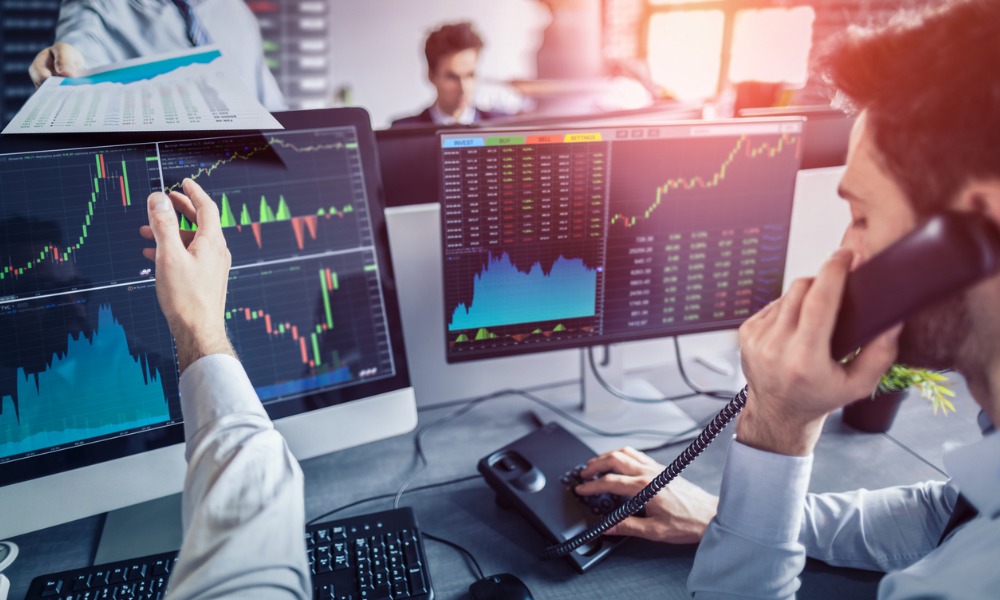Rise of no-commission investing may not be as big a win for investors as previously thought

Last October, Charles Schwab kicked off a zero-commission race in the U.S. online brokerage space when it declared that it would charge its platform users no commissions on trades in stocks, ETFs, and options. The move, followed by T.D. Ameritrade, E*Trade Financial, and a handful of other players, was widely hailed as a win for investors who stood to experience bigger portfolio gains as the stock market rises.
Nowadays, the prospects of positive portfolio returns are much more remote. As equities around the world get whipsawed and investor concerns grow, the temptation to exit is increasing — and the rush of panicked trading has been overwhelming in some cases.
“Free trading pioneer Robinhood suffered three outages over eight days of wild trading, including during the huge rally on March 2,” the Wall Street Journal said in a recent report.
According to the Journal, some online brokers saw trading volumes surge to record levels late last year after free trading offers kicked in. Ameritrade‘s daily-average trading volumes in February, it said, reflected a year-on-year increase of more than 100%.
As increased trading activity collides with virus-induced turbulence, individual investors face an even greater danger of underperforming the market. A 2000 study titled Trading Is Hazardous to Your Wealth analyzed a sample of nearly 67,000 households with discount brokerage accounts from 1991 to 1996, and found that those with the greatest trading activity lagged the market annually by over six percentage points.
Another risk from exiting the market in bad times: missing out on a big rebound. That was recently flagged by J.P. Morgan Asset Management, which looked at the performance of the S&P 500 from January 2000 to December 2019.
“[W]ithin two weeks of the S&P 500’s 10 worst days came six of its 10 best days,” the Journal noted. “And those days add up.” That information could be painful to swallow for Robinhood investors, who were frustrated by a recent outage that happened during the Dow Jones Industrial Average’s best-ever upswing in point terms.
Active traders could also be digging themselves into deep losses as they expose themselves to noise from negative news. In one study, finance professors at the University of Notre Dame and University of California, San Diego found that equity investment funds saw redemptions from individual investors just as Google searchers for terms like “financial crisis,” “recession,” or “bankruptcy” ticked up; the associated price declines in those funds, they also found, were typically soon reversed.
On balance, commissions on trades may also create a necessary friction for retail investors using online brokerage accounts. Terrence Odean of the UC Berkeley’s Haas School of Business, one of the authors of the ‘90s discount brokerage study, said a recent comprehensive review of retail brokerage accounts in Taiwan found that trading costs explained just a small fraction of investors’ underperformance, while a third was attributed to poor timing and trading losses.
“Some people are inclined to trade too much anyhow, and free trading may incline them to do it that much more,” he told the Journal.



